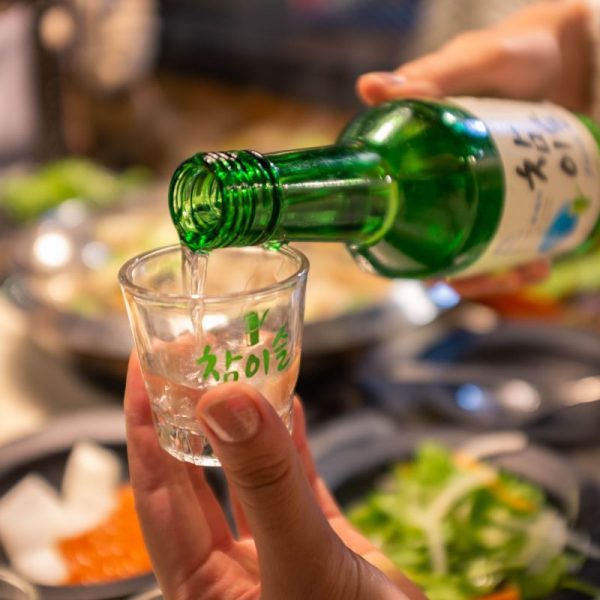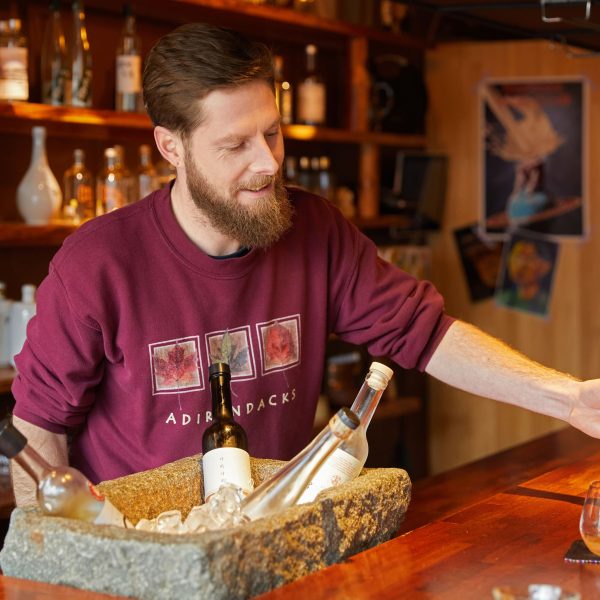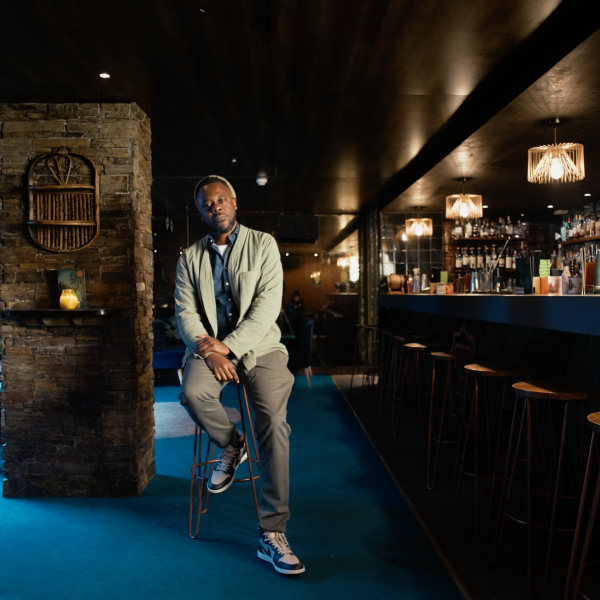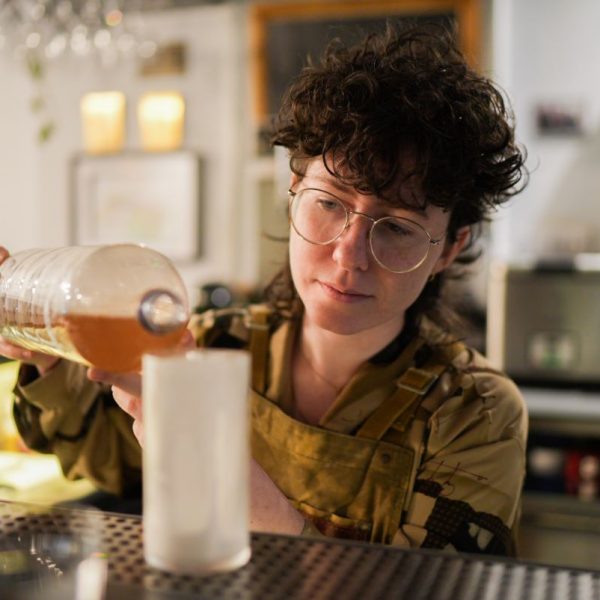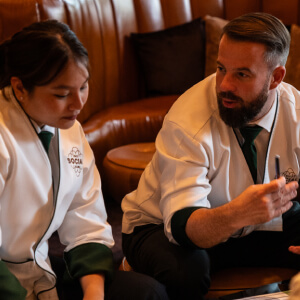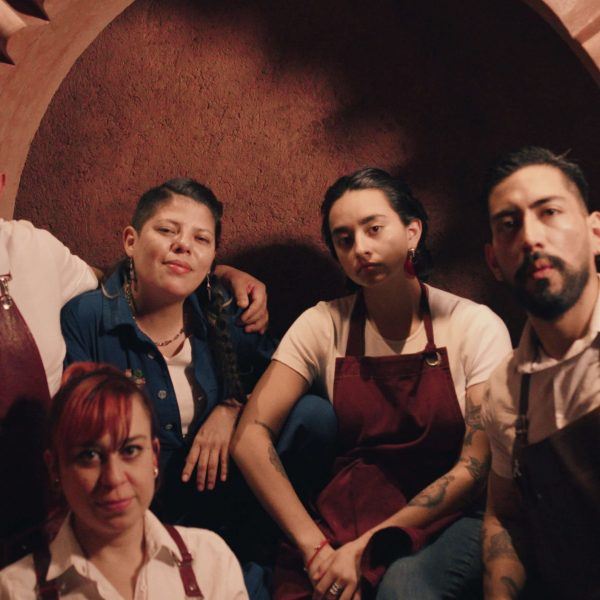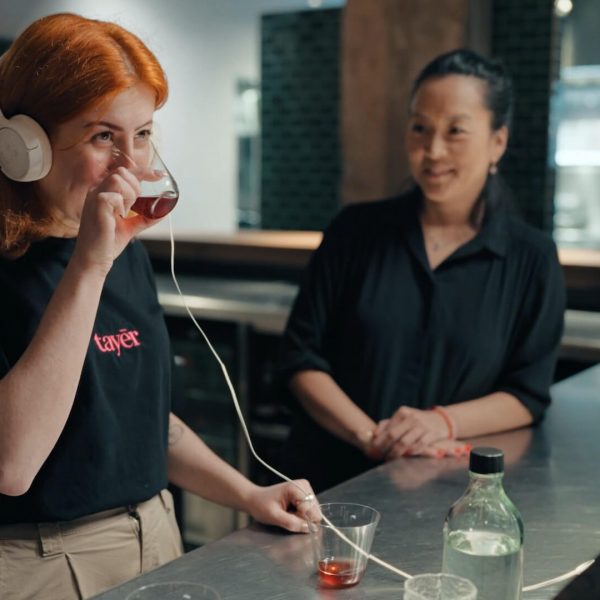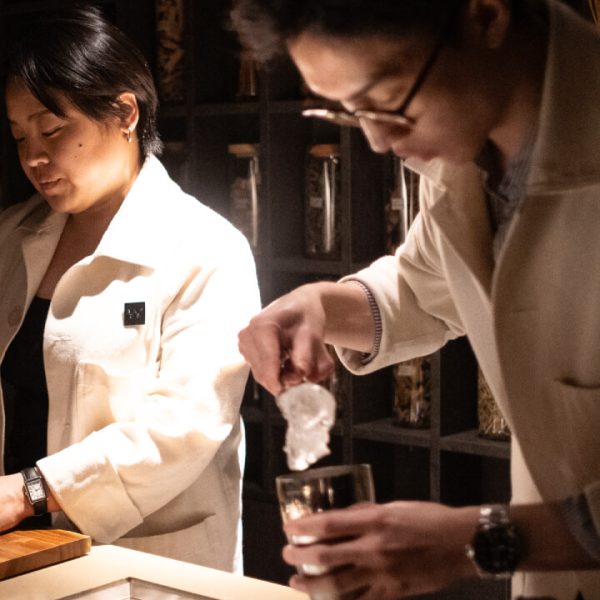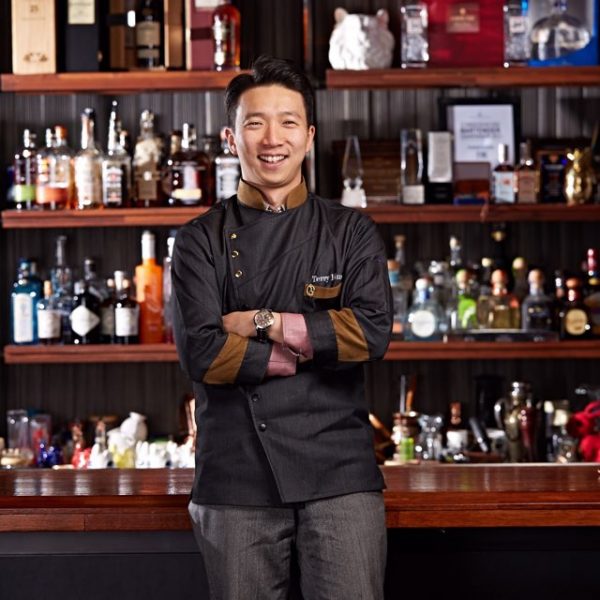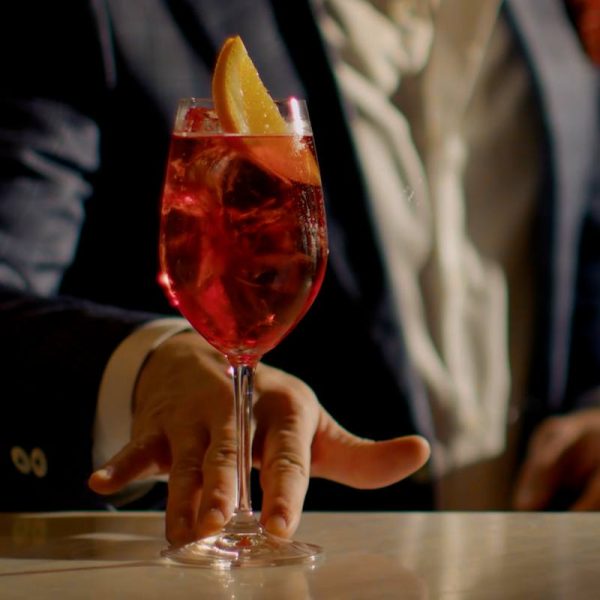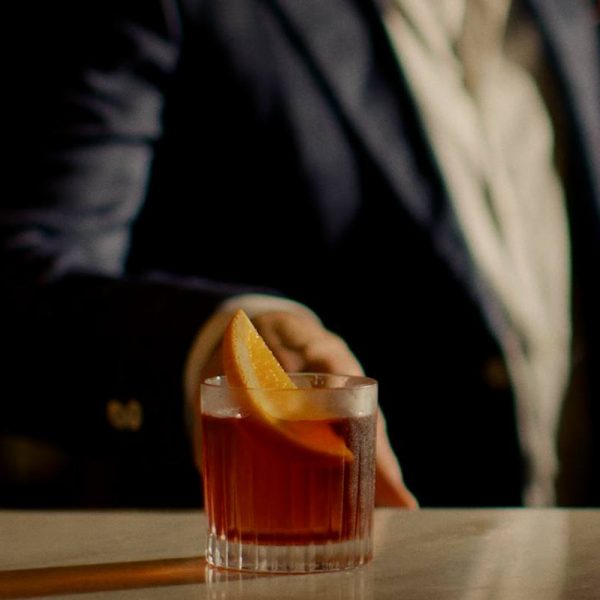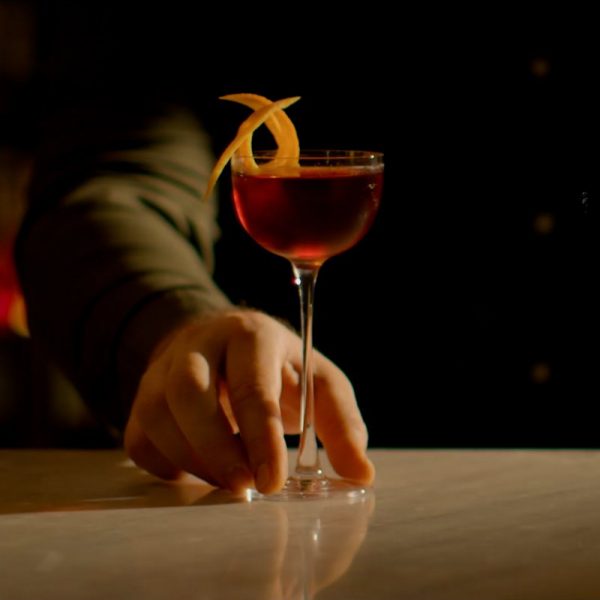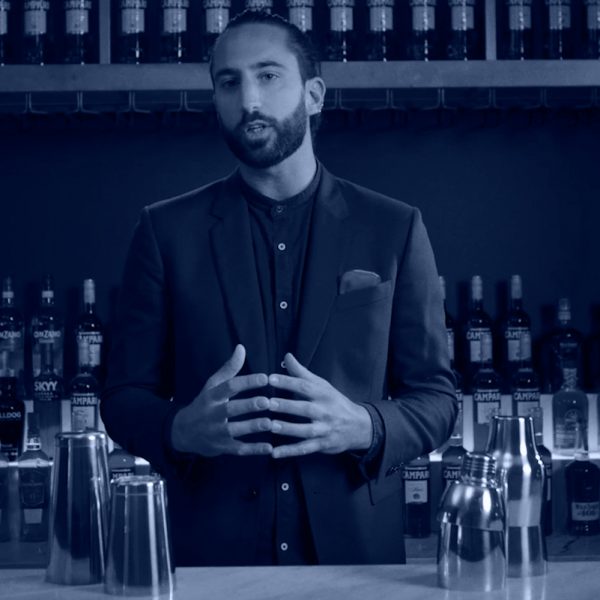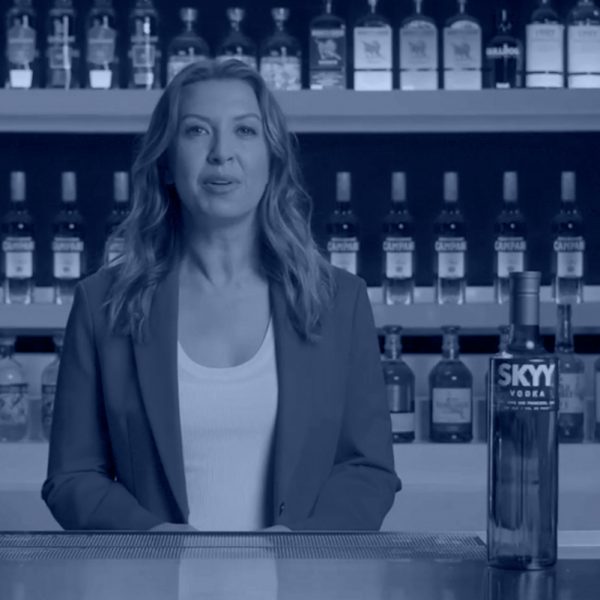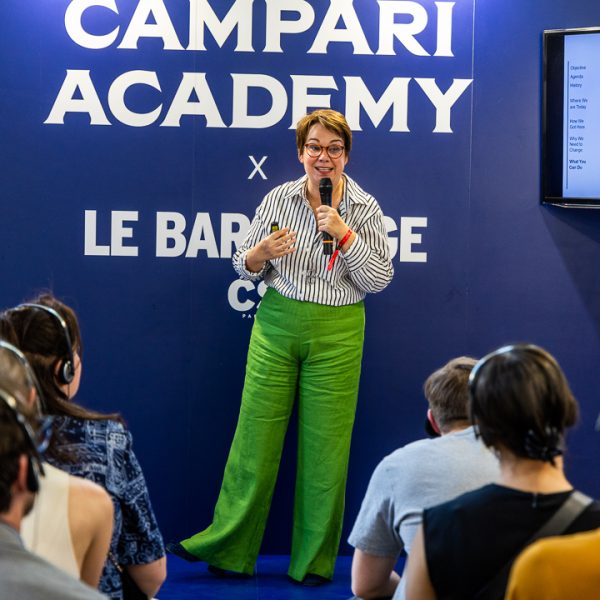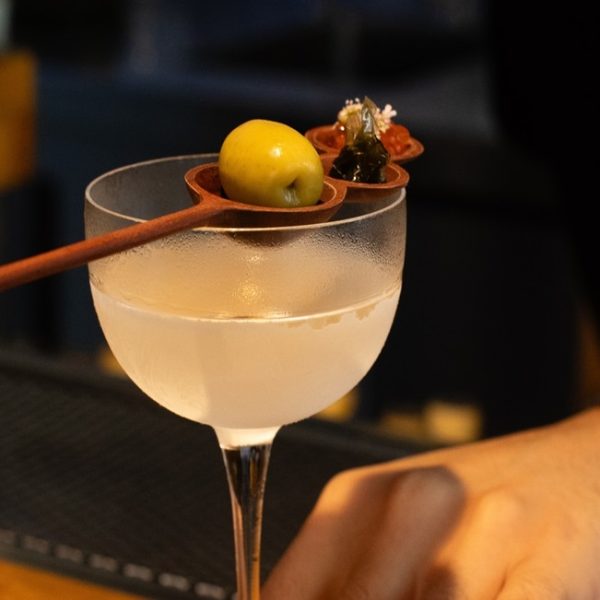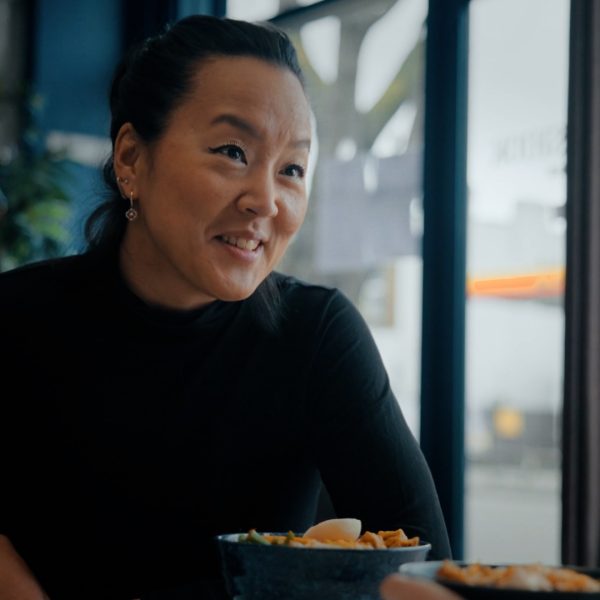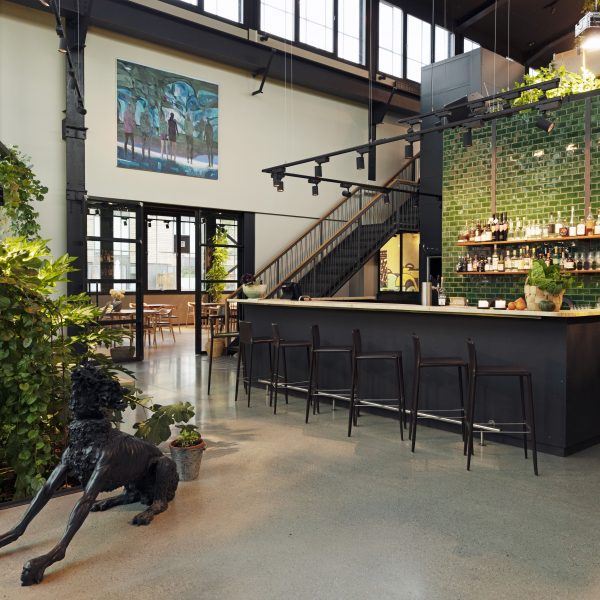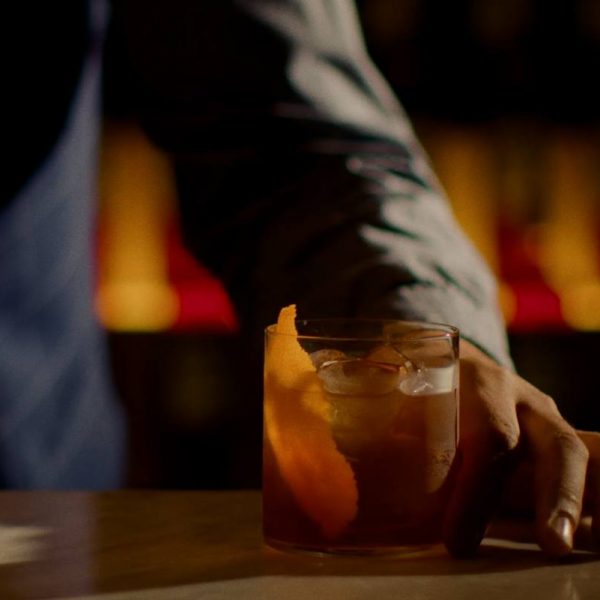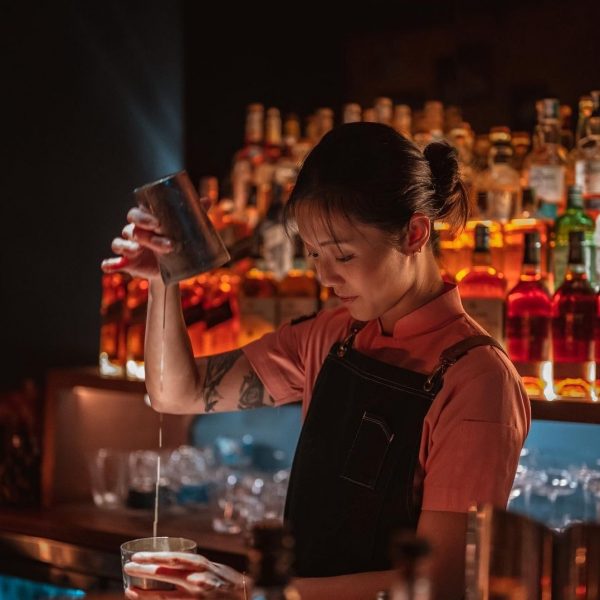9 things we learned at Tales of the Cocktail 2023

As another year of TOTC flies by, we look back at some of the front-seat experiences we had at the week’s seminars. Here are 9 of the best things we learned along the way
1. Africa deserves more attention
Second only to Asia in terms of size and population, as a continent, Africa – by comparison on the bar industry stage – rarely gets a look-in. And yet, there are exciting things afoot, as we found out from Lara Rawa (founder of Lagos Cocktail Week, Nigeria), Richie Barrow (GM of F&B at Tribe Hotels Group, Kenya), and Stephen ‘Kojo’ Aidoo (Bartenders Guild Ghana).
Lots of factors are attributing to its burgeoning cocktail industry: in Kenya, a growing middle class is seeing Kenyans join tourists at local cocktail bars; Nigeria is seeing a change in the perception of bartending as a profession as opposed to a means to an end; and local ingredients – such as the African star apple fruit, east Nigerian peppercorns, and prekese – are all being rediscovered by local bartenders. Watch this space.

2. Cross-generational teams could solve problems
Discussions around ageism in our industry aren’t addressed as often as they should be, but president of diversity and inclusion consultancy TKT & Associates, Kimberley Bunton, led a thoughtful and solution-based panel which discussed the benefits of cross-generational teams on training, teamwork, and breaking down wider-spread cross-generational barriers – of which the latter point elicited an interesting quote: “Distance breeds suspicion; but proximity breeds empathy.”
“Distance breeds suspicion; but proximity breeds empathy.”
One particularly pertinent point addressed how hospitality businesses can think about overcoming staffing issues by being more open to hiring older employees. By implementing more flexi-work hours and day pooling, gaps could be filled by older people who might be able to pick up hours at less popular times of the day for younger employees. “Brilliance occurs at every age on the spectrum,” says Bunton – imagine the talent we could be missing?
3. If it’s a terrible idea, do it
Failure was a common theme among speakers at this year’s Tales, and no less so between two of the most pioneering individuals in the global cocktail industry: Don Lee and Dave Arnold. In conversation with Monica Berg, the duo specifically discussed not just being willing to fail, but knowing what to do with the information afterwards. “Most of the best things I’ve ever come up with are because of failure analysis,” says Arnold.
“’What went right?’ is a much harder question,” Lee elaborates. “If something is super successful there are so many things about it, I can’t tell you why this was good. But if it was bad, I can tell you exactly why it was bad and never do that again.”
As leaders, allowing the next generation to have these experiences is also beneficial for growth, Berg says. Arnold agrees: “In your mind you’re like, ‘That’s a terrible idea – do it!’. Watch the whole interview.
4. Think outside the glass
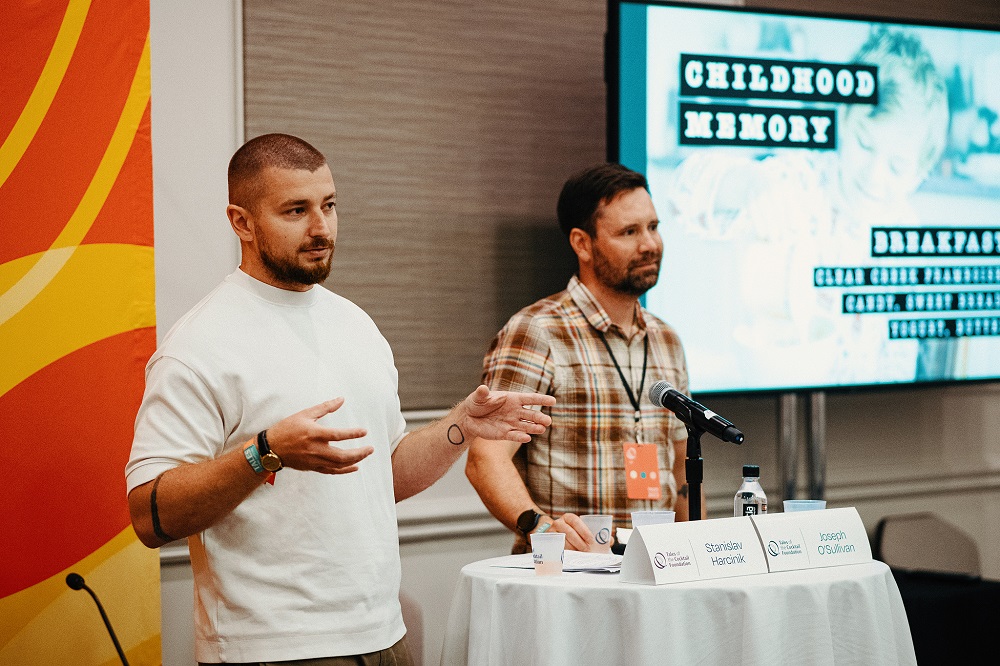
Conversations around how our senses and preconceptions impact how we perceive flavour are far-reaching in our industry, and bartender Stanislav Harcinik (alongside Clear Creek master distiller Joseph O’Sullivan) homed in on some specifics during a discussion on how senses, memory and The Proust Effect all play into how we perceive and enjoy specific flavours.
The Proust Effect refers to the 20th-century writer Marcel Proust’s term of ‘involuntary memory’ which explains how smell or taste can bring about an emotional response related to our memories of childhood or specific moments in time (using the example of jam, butter and bread to evoke memories of childhood). But other factors are at play too, such as colour and shape. A good example being that of chocolate which is often associated with colours such as purple and blue; while roundness is associated with sweetness and more angular shapes, less sweet or even bitter.
Find out more about how our senses impact flavour perception in our new Perspectives episode.
5. You need to know about more than cocktails to make it abroad
Moving abroad for work is something many bartenders set their sights on – whether as an opportunity to travel the world, experience other bar cultures, or discover new ingredients and flavours (or all of the above). Yet the bartenders sat on the Behind Bars Abroad panel barely mentioned drinks at all – instead they put the spotlight on how to adapt respectfully to the country, culture and people (and sometimes laws) of the place you’re moving to if you want to “make it” abroad.
“You’re not better than them, learn why the system is the way it is, and don’t mess with the system.”
For Alquímico’s Jean Trinh, learning Spanish was an integral part of learning the culture when he moved to Cartagena, Colombia; Keith Motsi of Four Seasons Hotel Tokyo reminded hopeful work-abroaders to behave as if they are a guest in that country’s home; while Bangkok’s Bamboo Bar manager, Chanel Adams, described sharing as much knowledge to her team as possible to justify her place at their table. Chair Holly Graham also advised against overhauling processes in place: “You’re not better than them, learn why the system is the way it is, and don’t mess with the system.”
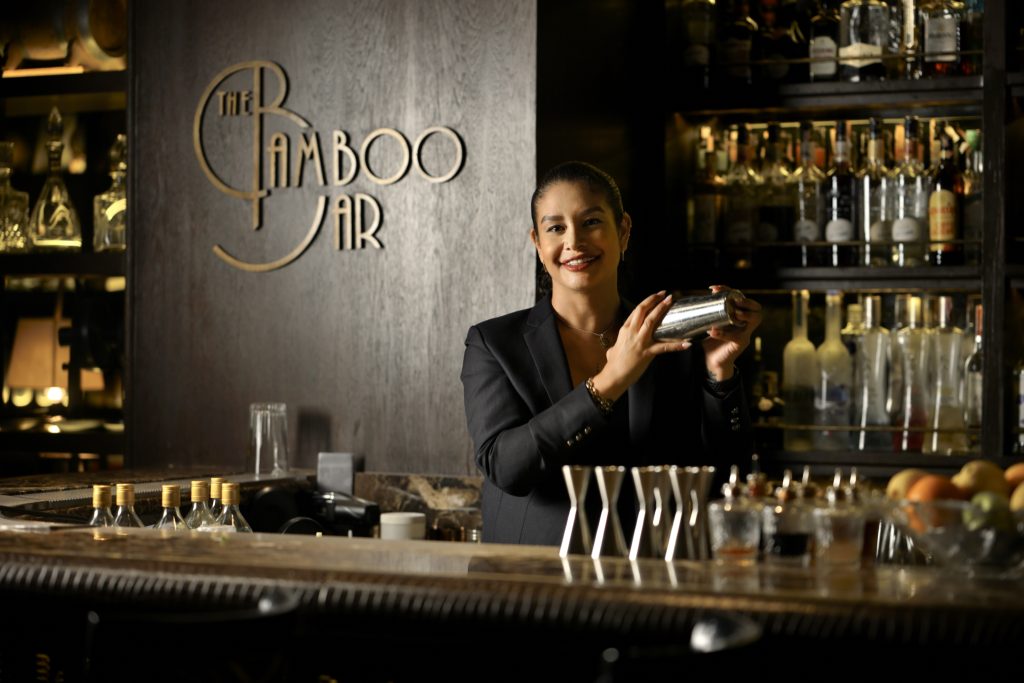
6. Women will make you money
Did you know that 41 female led companies in the S&P 500 have outperformed the 459 male ones? A 19-year study found an increase of 18-19% in profitability over median Fortune 500 firms. Yet, despite women making up 51% of employees in the hospitality industry worldwide, they remain a minority in leadership roles and just a small 6.81% in leadership roles within the UK. These were figures relayed in a panel discussing women leadership in bars, chaired by consultant Kaitlin Wilkes, who was joined by Christina Viera (Bar Mordecai), Giulia Cuccurullo (Artesian at The Langham) & Liam Davy (Hawksmoor Group).
Their discussion focused on the importance of a solid company culture (top down, but also bottom up) and divulged real-life ways of operating that can address the gap of women at the top of the industry. Cuccurullo mentioned how important bias training is (her team has received it twice); Davy was able address the gender pay gap and share insight about how Hawksmoor Group don’t have one in their organisation; while Viera also mentioned how all of her staff are cross-trained so there was an understanding between roles and responsibilities, and respect for one another’s positions. She also has a transparent and clear service charge breakdown that is based upon a point system for each role.
7. Train your team in case they stay
It’s the well-worn moto in discussions around retention of staff, but yet again ‘train your team’ was a key takeaway from Anthony Summers, GM of The Legacy in Kentucky who has also led teams across big businesses such as Thorntons and KFC.
“What if we train them and they leave? What if we don’t and they stay?”
In a conversation around the difficulties of running teams with turning staff (and shortages of staff) the realities of having time to train while also trying to run a business are never easy. But in answer to the question of how managers invest in staff when there is such high turnover, Summers left us with a memorable quote as his answer: “What if we train them and they leave? What if we don’t and they stay?”
8. Modern bartenders need to learn more jokes

Author and historian David Wondrich also sat down on the couch with Monica Berg to discuss the role bartenders can play in the guest experience. “Bartenders are the people… who draw out good behaviour from people and bring people to their best selves often. You see people lonely and depressed at the bar and the bartender starts talking to them and suddenly their day is better. I’m always pleased when I see that.”
“Bartenders are the people… who draw out good behaviour from people.”
It’s something Berg thinks has been lost slightly in modern bartending – and Wondrich agrees by way of a quip: “Modern bartenders tend to know all of the drinks, and none of the jokes – it would be better if they knew some of each.” He does however caveat his point by acknowledging that conversations at the bar have changed too (hello mobile phones) and that ultimately, the skill of being able to orchestrate guest conversations is a very hard skill to teach.
9. Gatekeeping hinders progression
In a panel led by OurWhisky Foundation founder Becky Paskin, the methods and dangers of leaders gatekeeping information were laid out in the context of barriers for women working in the global whisky industry. ‘Gatekeeping’ is the ‘activity of controlling, and usually limiting, general access to something’. It’s a term that has found its way into all industries – and hospitality is one of them.
Essentially, it is a way of leaders deciding who is ‘in’ and who is ‘out’, leading to a culture that discourages community, the quashing of creativity in employees, and the breakdown of communications in a team. This can manifest in many different ways: limiting access to information to further progression, stifling ideas and a passion for learning, and leaders closing themselves off to their teams. It’s a complex and multi-layered issue that can play havoc on how a bar team works together. Want to learn more? Check out Rebel Ideas: The Power of Diverse Thinking, by Matthew Syed.
Millie Milliken

